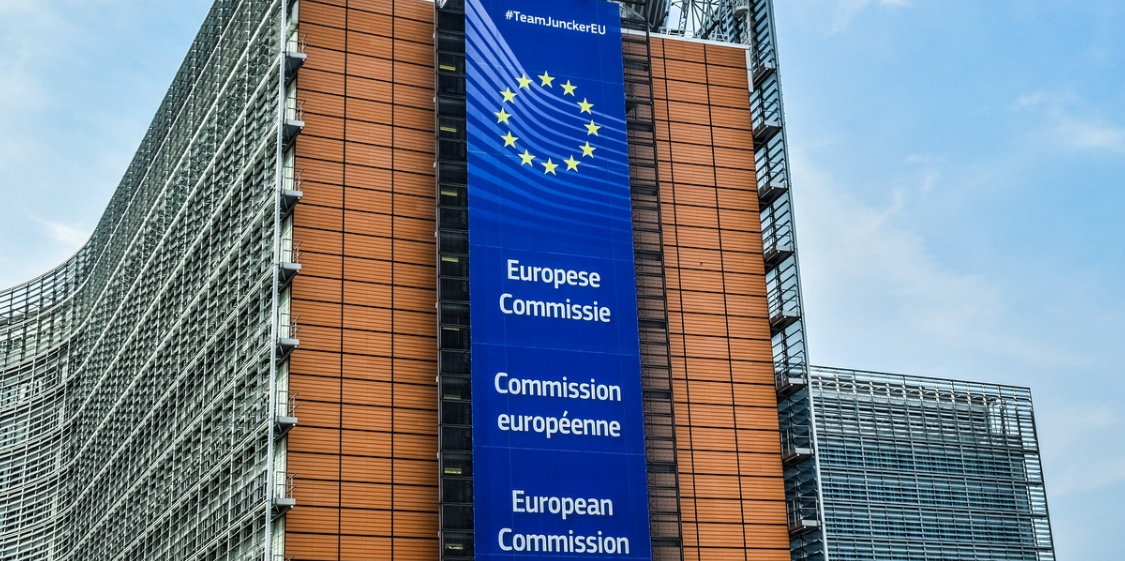EU says it is unlikely to approve state aid for fossil fuels
Phasing out coal and lignite - a type of high-emitting coal - is seen as crucial for the EU to meet its targets to cut greenhouse gas emissions. Member states seeking EU approval for state aid for fossil gas projects would also need to explain how they will ensure such investments comply with EU climate goals and avoid locking in emissions for future years, the Commission said.

- Country:
- Belgium
The European Commission is unlikely to approve state aid for fossil fuel projects in future, as part of an overhaul of EU antitrust rules to make them greener, it said on Thursday. The Commission, which oversees antitrust policy in the 27 European Union countries, vets national governments' state aid to check that it does not distort competition in the EU single market.
An ongoing review of EU state aid rules will also attempt to align them with the bloc's climate change policies. The new rules would "support the phasing out of fossil fuels", the Commission said in a communication published on Thursday.
"State support for projects involving such fuels, in particular the most polluting ones such as oil, coal and lignite, is unlikely to be found compatible with state aid rules," the Commission said. Phasing out coal and lignite - a type of high-emitting coal - is seen as crucial for the EU to meet its targets to cut greenhouse gas emissions.
Member states seeking EU approval for state aid for fossil gas projects would also need to explain how they will ensure such investments comply with EU climate goals and avoid locking in emissions for future years, the Commission said. EU countries are divided over the role gas should play in their transition to net zero emissions.
Gas, a fossil fuel, produces CO2 emissions when burned in power plants and gas infrastructure is associated with leaks of methane, a potent greenhouse gas. Gas produces less CO2 emissions than coal, and some coal-dependent eastern European countries see the fuel as a "bridge" to help them transition from coal-fuelled power, to eventually rely on renewable, and in some cases nuclear, energy.
(This story has not been edited by Devdiscourse staff and is auto-generated from a syndicated feed.)
- READ MORE ON:
- European Union
- The European Commission
- European
- Commission
ALSO READ
European Union Investigates TikTok's New App That Rewards Users for Watching Videos
European Union official urges G7 to step up air defence for Ukraine and expand Iran sanctions
Foreign Minister Radek Sikorski says Poland wants to return to group of countries setting the European Union's direction, reports AP.










